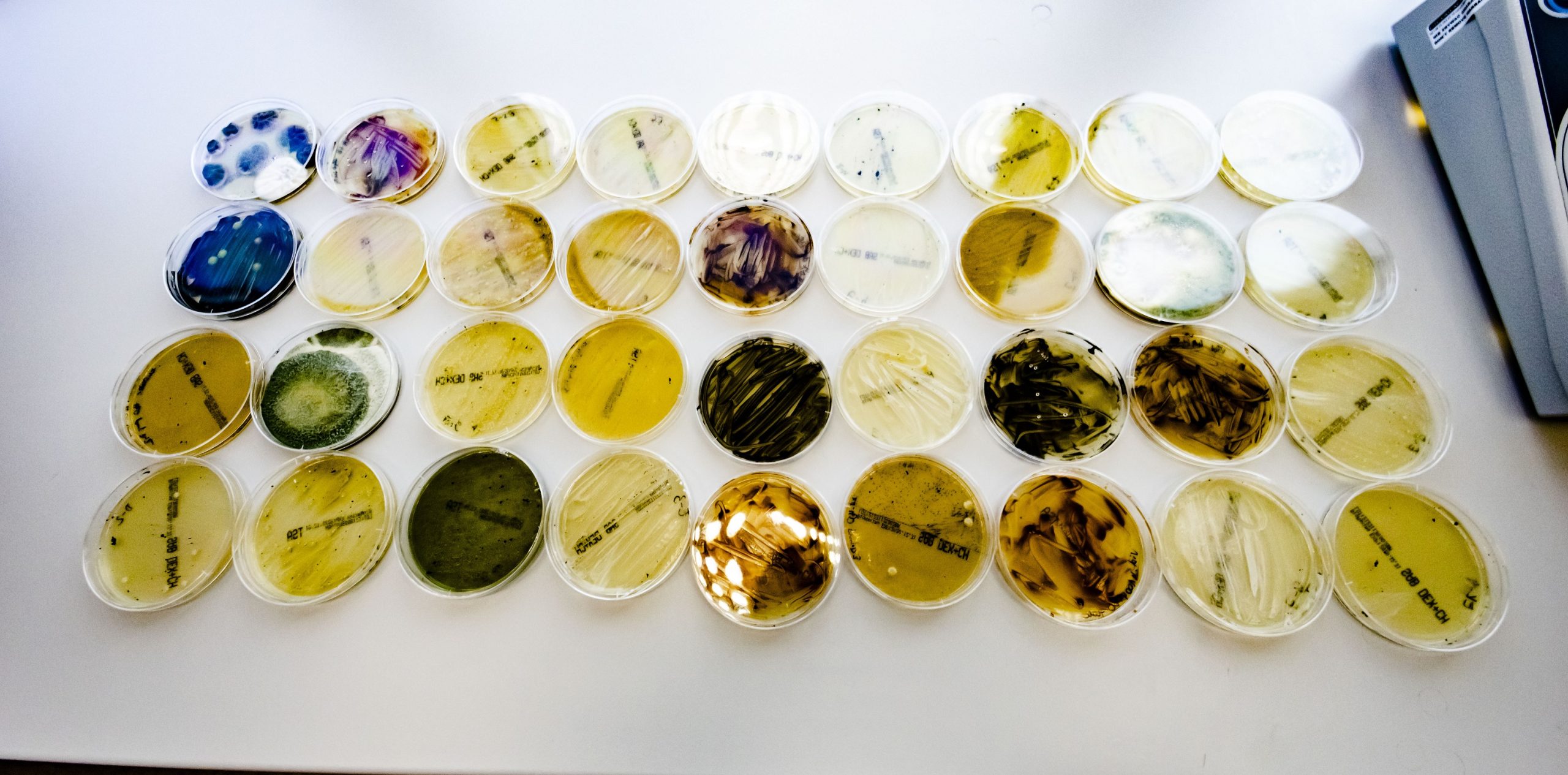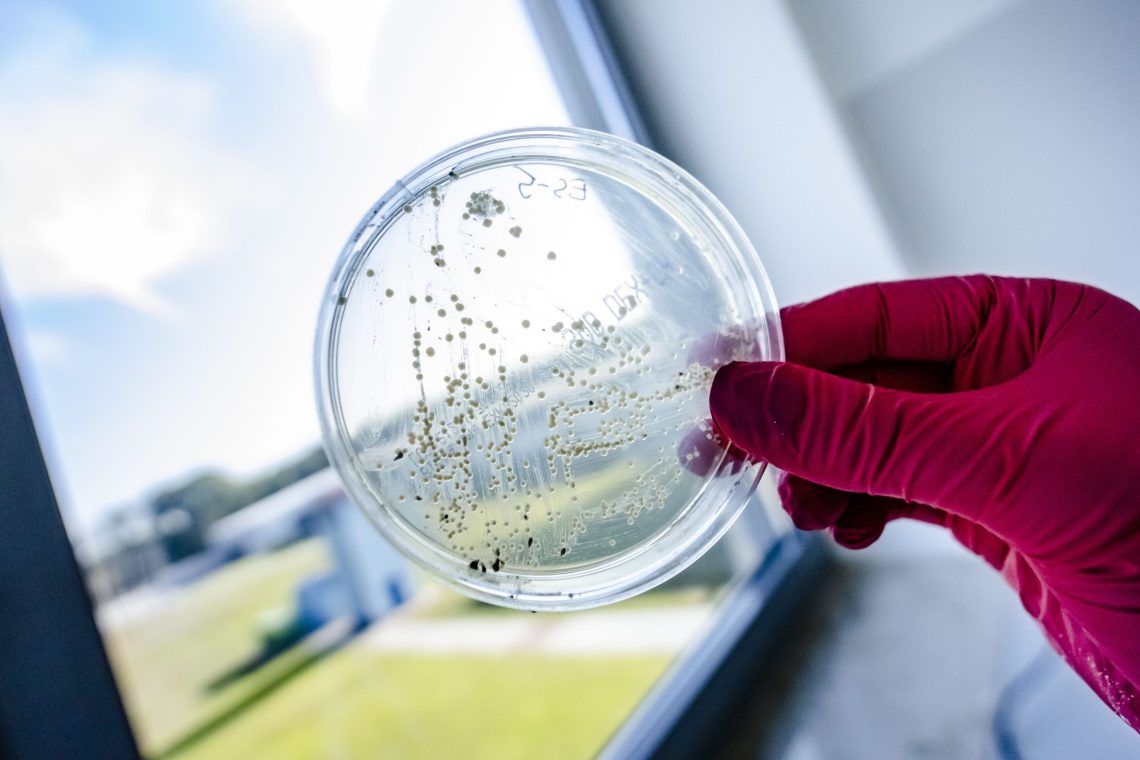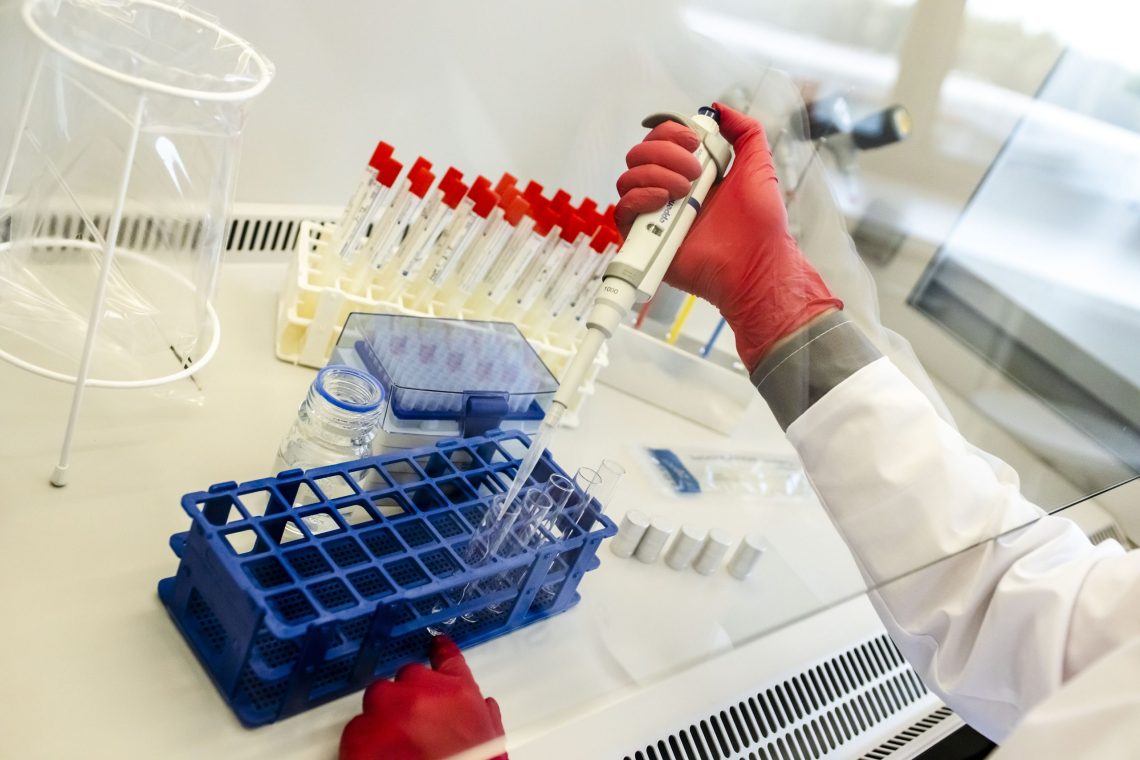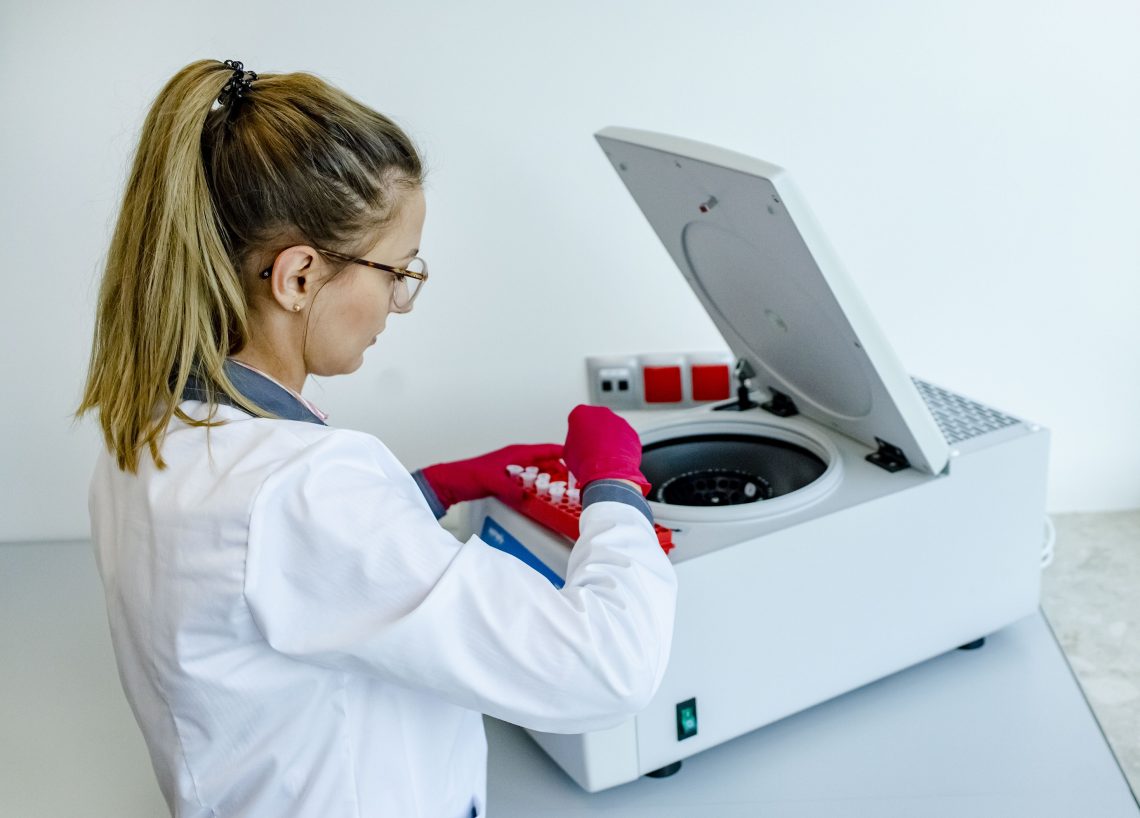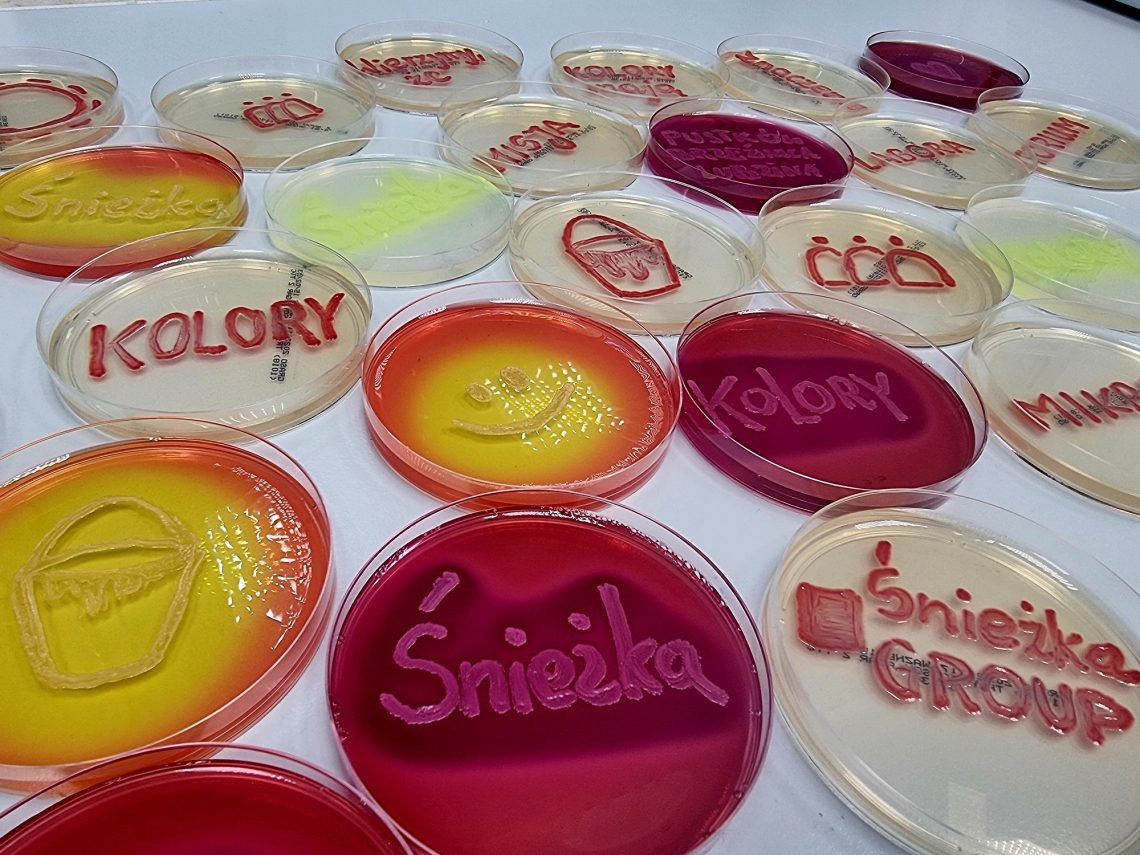The paint and varnish industry in Poland and across Europe adapts to the requirements of EU legislation, which requires, i.a. significant reduction of the amount of biocidal substances in products or withdrawal from some of the biocides used so far. The following regulations have had the greatest impact on the changes in question in recent years: Commission Delegated Regulation (EU) 2020/182 and Commission Delegated Regulation (EU) 2018/1480. It is also known that in the future the number of such regulations will be on the increase.
In addition to the care to live up to the current requirements of the legislators, an increase in market requirements is observed. Sustainable development of manufacturers is becoming an increasingly crucial value, which is associated with growing expectations regarding appropriate certification and compliance with environmental and safety standards. The goal is clear – the products are to have an even smaller impact on the environment.
These trends require appropriate preparation on the part of manufacturers of paint products or construction chemicals. This involves adapting to the changes already taking place, as well as anticipating those that are yet to come. Flexibility in quality assurance and research and development processes is key here. In recent years, the scientific base in this respect has been expanded by the Śnieżka listed company.

